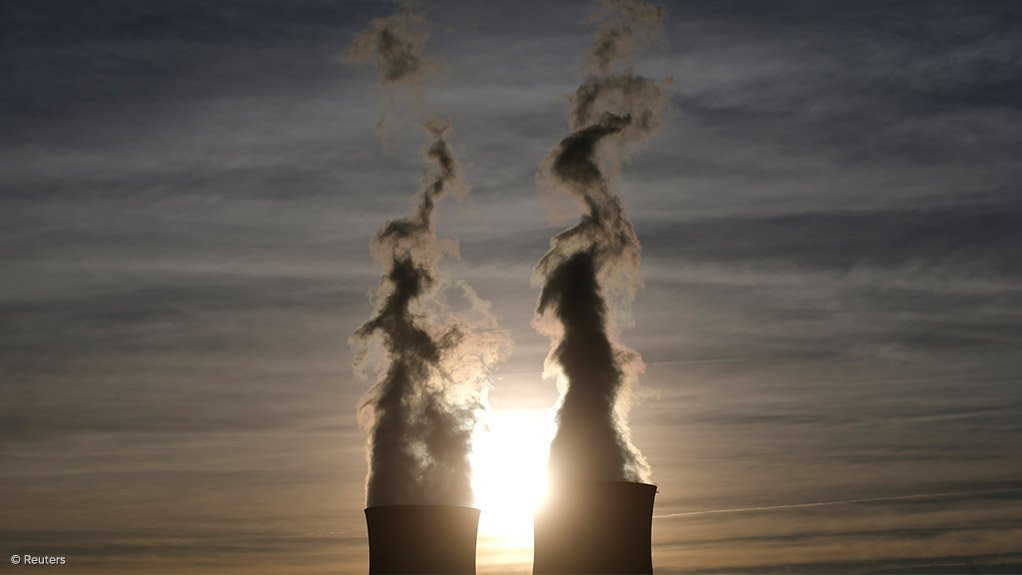South Africa's planned new nuclear power plant (NPP) construction programme will serve to stimulate industrial growth in the country's coastal areas. So affirmed South African Nuclear Energy Corporation (better known as Necsa) CEO Phumzile Tshelane last week. He was giving the opening address at the Nuclear Africa 2016 conference, being held in Centurion, west of Pretoria.
In terms of the Integrated Resource Plan 2010, South Africa will acquire 9.6 GW of new nuclear power generating capacity. He pointed out that this was still the country's only official future energy plan. "Everything else is rumour," he quipped.
He highlighted that the country's renewable energy programme had not included any requirement to transfer ownership to South Africans, with the result that the national power sector was now less transformed (had a lower level of black ownership) than at the start of the renewables programme. Nor had this programme created many local jobs. The new nuclear programme, he assured, would be different.
Tshelane noted that landlocked Gauteng, far from the sea, was the economic heartland of the country. "It's [consequently] enormously expensive to transport [products] to the market. We need to harvest the [potential] of the coast. This will be driven by the nuclear power programme."
Modern large NPPs need large amounts of cooling water (this water does not go through the reactor and does not become radioactive), which means that in South Africa, which is mostly an arid country, they must be built on the coast. South Africa will also require significant local content in the planned new NPPs. If the NPPs are built on the coast, it makes sense that the local manufacture of components for these NPPs should also largely take place in the coastal regions (although some systems will have to be produced in Gauteng).
The Cabinet announced in December that the country would go through a request for proposals (RFPs) process for the new NPPs. Tshelane reported that preparations for the issue of the RFPs were now being finalised. "We're moving with speed now. [But speed is relative.] We're not doing things overnight!" Applications for the licensing of two sites for NPPs have now been submitted to the National Nuclear Regulator.
"We want to be a leader in the supply of nuclear products and services," he pointed out. "We have been in the nuclear business in South Africa for over 51 years. We're not just intending to procure nuclear power plants. Nuclear is not just about power. It's about energy. It's also harvesting certain technology aspects, such as neutrons in neutron tomography. It's conquering disease, such as cancer." Nuclear technology is also used in non-destructive testing for industry.
"We're in the process of restarting a procurement process that was temporarily interrupted in 2008." South Africa is not acting in isolation. "In Africa, there are those who are considering nuclear power," he also pointed out. "They are Nigeria, Ghana, Senegal, Sudan, Kenya and Namibia."
"People worry a lot about the cost of nuclear," noted Tshelane. "But I say, what is the cost of unserved electricity demand? It is much more."
EMAIL THIS ARTICLE SAVE THIS ARTICLE
To subscribe email subscriptions@creamermedia.co.za or click here
To advertise email advertising@creamermedia.co.za or click here











